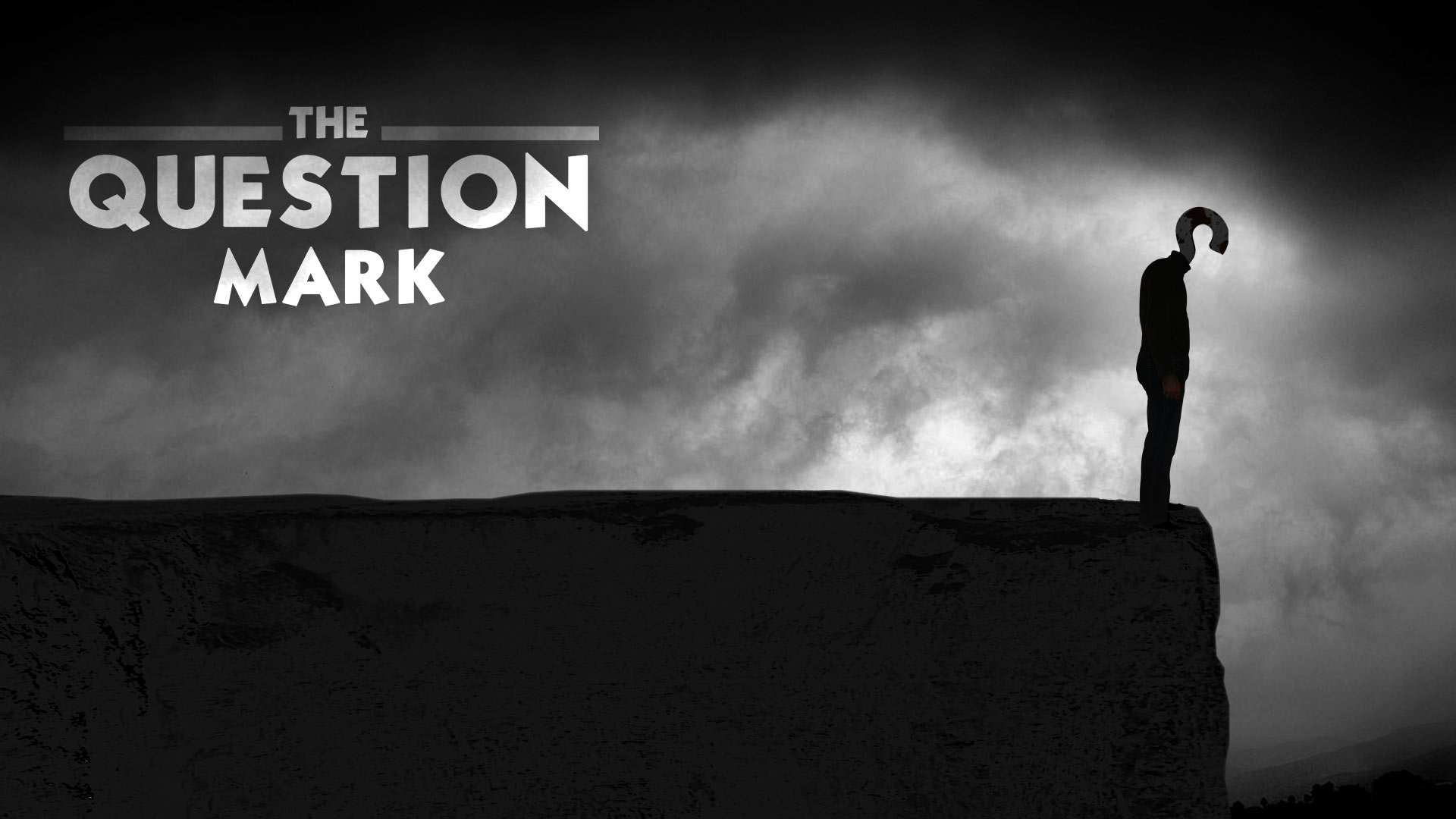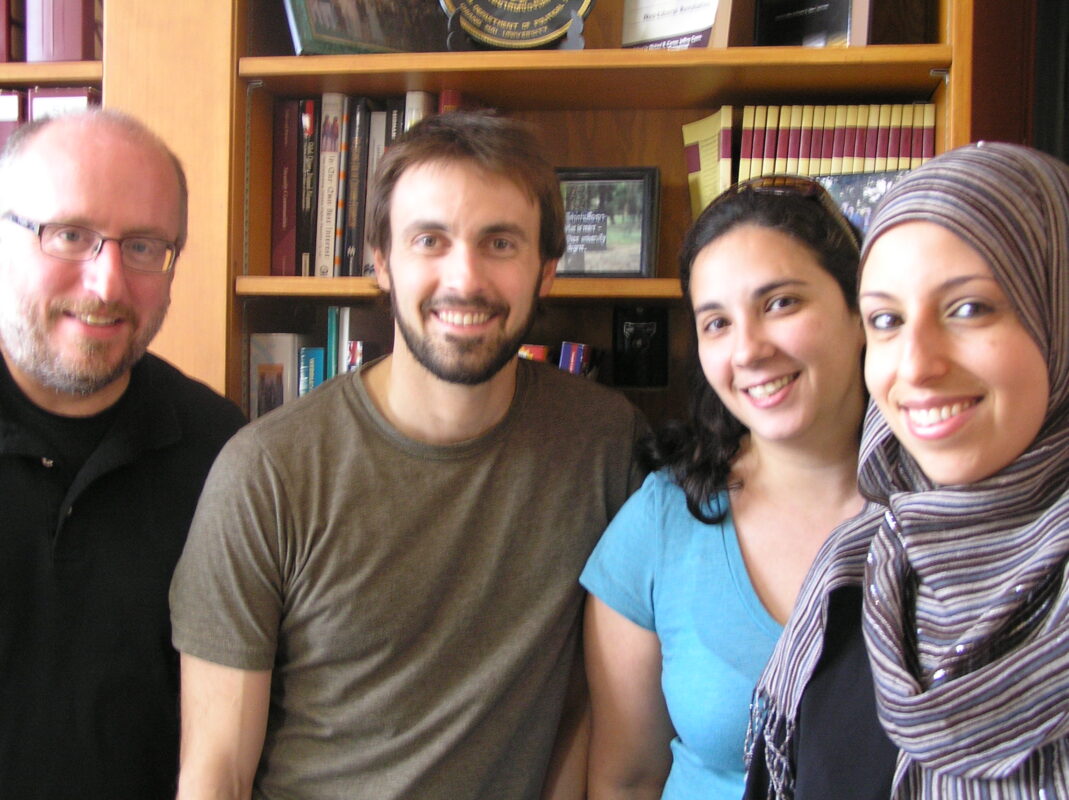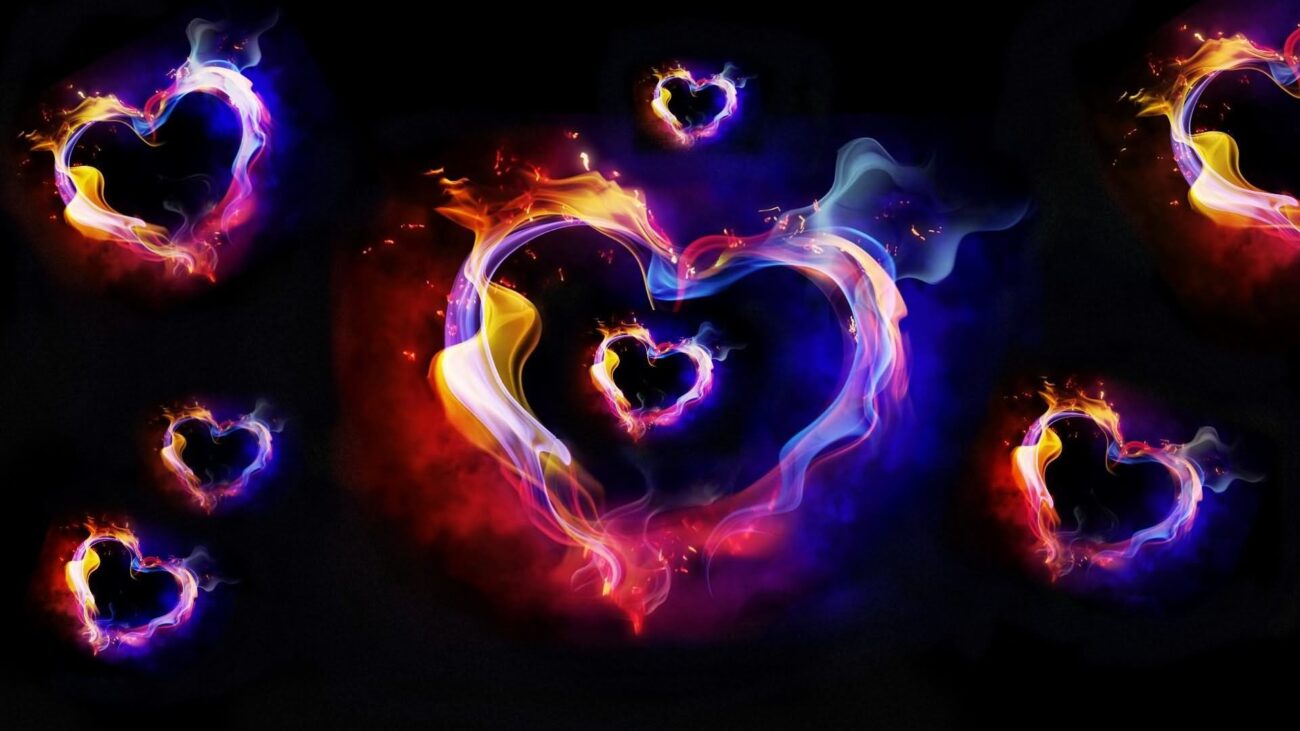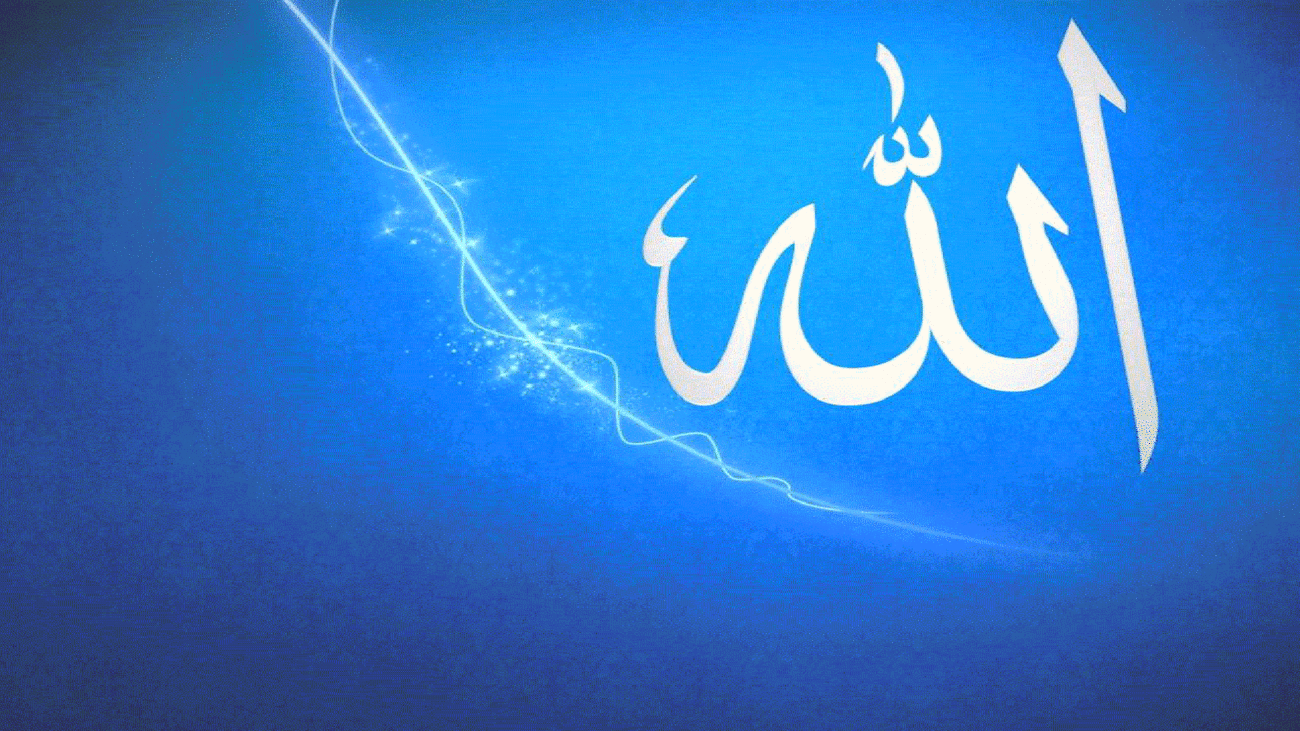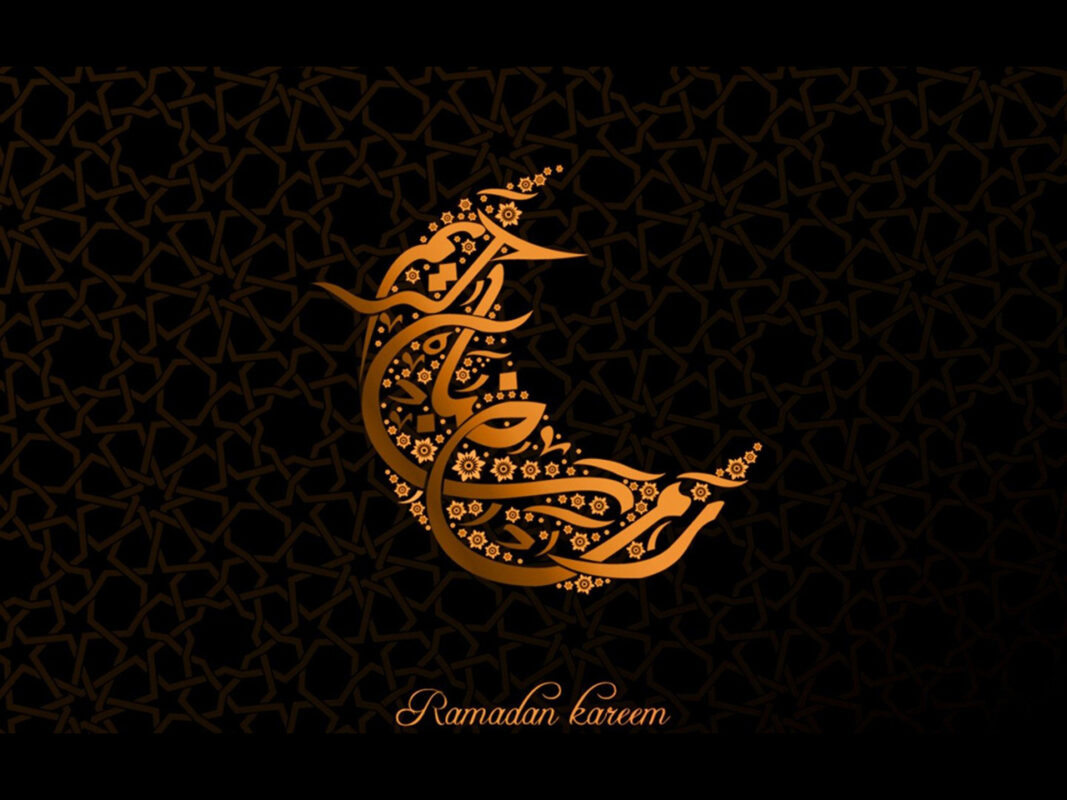At some point in our lives, everybody asks the big questions: “Who made us,” and “Why are we here?”
So who did make us? Most of us have been brought up more on science than religion, and to believe in the Big Bang and evolution more than God. But which makes more sense? And is there any reason why the theories of science and creationism cannot coexist?
The Big Bang may explain the origin of the universe, but it doesn’t explain the origin of the primordial dust cloud. This dust cloud (which, according to the theory, drew together, compacted and then exploded) had to come from somewhere. After all, it contained enough matter to form not just our galaxy, but the billion other galaxies in the known universe. So where did that come form? Who, or what, created the primordial dust cloud?
Similarly, evolution may explain the fossil record, but it falls far short of explaining the quintessential essence of human life—the soul. We all have one. We feel its presence, we speak of its existence and at times pray for its salvation. But only the religious can explain where it came from. The theory of natural selection can explain many of the material aspects of living things, but it fails to explain the human soul.
Furthermore, anyone who studies the complexities of life and the universe cannot help but witness the signature of the Creator.[1] Whether or not people recognize these signs is another matter—as the old saying goes, denial isn’t just a river in Egypt. (Get it? Denial, spelled “de Nile” … the river Ni … oh, never mind.) The point is that if we see a painting, we know there is a painter. If we see a sculpture, we know there’s a sculptor; a pot, a potter. So when we view creation, shouldn’t we know there’s a Creator?
The concept that the universe exploded and then developed in balanced perfection through random events and natural selection is little different from the proposal that, by dropping bombs into a junkyard, sooner or later one of them will blow everything together into a perfect Mercedes.
If there is one thing we know for certain, it is that without a controlling influence, all systems degenerate into chaos. The theories of the Big Bang and evolution propose the exact opposite, however—that chaos fostered perfection. Would it not be more reasonable to conclude that the Big Bang and evolution were controlled events? Controlled, that is, by the Creator?
When we finish rolling our eyes, we get the point. Obviously, the palace was built by design, not by happenstance. To what (or more to the point, to Whom), then, should we attribute the origin of items of infinitely greater complexity, such as our universe and ourselves?
Another argument to dismiss the concept of Creationism focuses upon what people perceive to be the imperfections of creation. These are the “How can there be a God if such-and-such happened?” arguments. The issue under discussion could be anything from a natural disaster to birth defects, from genocide to grandma’s cancer. That’s not the point. The point is that denying God based upon what we perceive to be injustices of life presumes that a divine being would not have designed our lives to be anything other than perfect, and would have established justice on Earth.
Hmm … is there no other option?
I would hope that, by this line of reasoning, we can agree upon the answer to the first “big question.” Who made us? Can we agree that if we are creation, God is the Creator?
If we can’t agree on this point, there probably isn’t much point in continuing. However, for those who do agree, let’s move on to “big question” number two—why are we here? What, in other words, is the purpose of life?
The first of the two big questions in life is, “Who made us?” We addressed that question in the previous article and (hopefully) settled upon “God” as the answer. As we are creation, God is the Creator.
Now, let us turn to the second “big question,” which is, “Why are we here?”
Well, why are we here? To amass fame and fortune? To make music and babies? To be the richest man or woman in the graveyard for, as we are jokingly told, “He who dies with the most toys wins?”
No, there must be more to life than that, so let’s think about this. To begin with, look around you. Unless you live in a cave, you are surrounded by things we humans have made with our own hands. Now, why did we make those things? The answer, of course, is that we make things to perform some specific function for us. In short, we make things to serve us. So by extension, why did God make us, if not to serve Him?
If we acknowledge our Creator, and that He created humankind to serve Him, the next question is, “How? How do we serve Him?” No doubt, this question is best answered by the One who made us. If He created us to serve Him, then He expects us to function in a particular manner, if we are to achieve our purpose. But how can we know what that manner is? How can we know what God expects from us?
And would this guidance not be . . . revelation?
Think of it this way: Every product has specifications and rules. For more complex products, whose specifications and rules are not intuitive, we rely upon owner’s manuals. These manuals are written by the one who knows the product best, which is to say the manufacturer. A typical owner’s manual begins with warnings about improper use and the hazardous consequences thereof, moves on to a description of how to use the product properly and the benefits to be gained thereby, and provides product specifications and a troubleshooting guide whereby we can correct product malfunctions.
Now, how is that different from revelation?
Revelation tells us what to do, what not to do and why, tells us what God expects of us, and shows us how to correct our deficiencies. Revelation is the ultimate user’s manual, provided as guidance to the one who will use us—ourselves.
In the world we know, products that meet or exceed specifications are considered successes whereas those that don’t are … hmm … let’s think about this. Any product that fails to meet factory specifications is either repaired or, if hopeless, recycled. In other words, destroyed. Ouch. Suddenly this discussion turns scary-serious. Because in this discussion, we are the product—the product of creation.
But let’s pause for a moment and consider how we interact with the various items that fill our lives. As long as they do what we want, we’re happy with them. But when they fail us, we get rid of them. Some are returned to the store, some donated to charity, but eventually they all end up in the garbage, which gets … buried or burned. Similarly, an underperforming employee gets … fired. Now, stop for a minute and think about that word. Where did that euphemism for the punishment due to an underperformer come from? Hmm … the person who believes the lessons of this life translate into lessons about religion could have a field day with this.
But that doesn’t mean these analogies are invalid. Just the opposite, we should remember that both Old and New Testaments are filled with analogies, and Jesus Christ taught using parables.
So perhaps we had better take this seriously.
No, I stand corrected. Most definitely we should take this seriously. Nobody ever considered the difference between heavenly delights and the tortures of hellfire a laughing matter.
In the previous two parts of this series, we answered the two “big questions.” Who made us? God. Why are we here? To serve and worship Him. A third question naturally arose: “If our Creator made us to serve and worship Him, how do we do that?” In the previous article I suggested that the only way we can serve our Creator is through obeying His mandates, as conveyed through revelation.
But many people would question my assertion: Why does mankind need revelation? Isn’t it enough just to be good? Isn’t it enough for each of us to worship God in our own way?
Imagine raising children in a home in which you have established “house rules.” Then, one day, one of your children tells you he or she has changed the rules, and is going to do things differently. How would you respond? More than likely, with the words, “You can take your new rules and go to Hell!” Well, think about it. We are God’s creation, living in His universe under His rules, and “go to Hell” is very likely what God will say to any who presume to override His laws with their own.
Sincerity becomes an issue at this point. We should recognize that all pleasure is a gift from our Creator, and deserving of thanks. If given a gift, who uses the gift before giving thanks? And yet, many of us enjoy God’s gifts for a lifetime and never give thanks. Or give it late. The English poet, Elizabeth Barrett Browning, spoke of the irony of the distressed human appeal in The Cry of the Human:
And lips say “God be pitiful,”
Who ne’er said, “God be praised.”
Should we not show good manners and thank our Creator for His gifts now, and subsequently for the rest of our lives? Don’t we owe Him that?
Source: islamreligion.com [External/non-QP]

